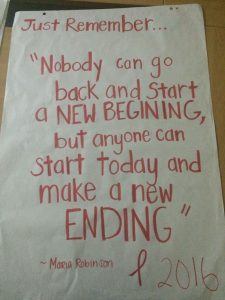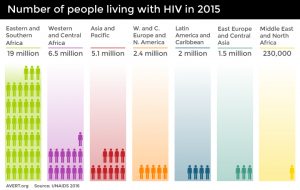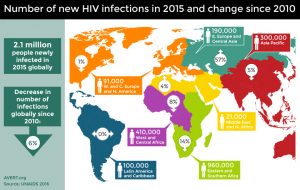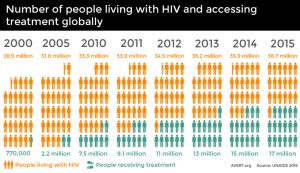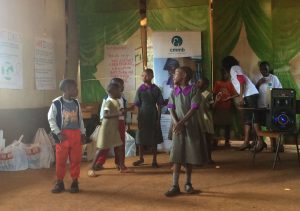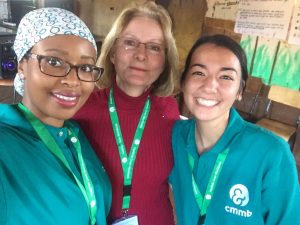AIDS Outreach with Children in Kenya
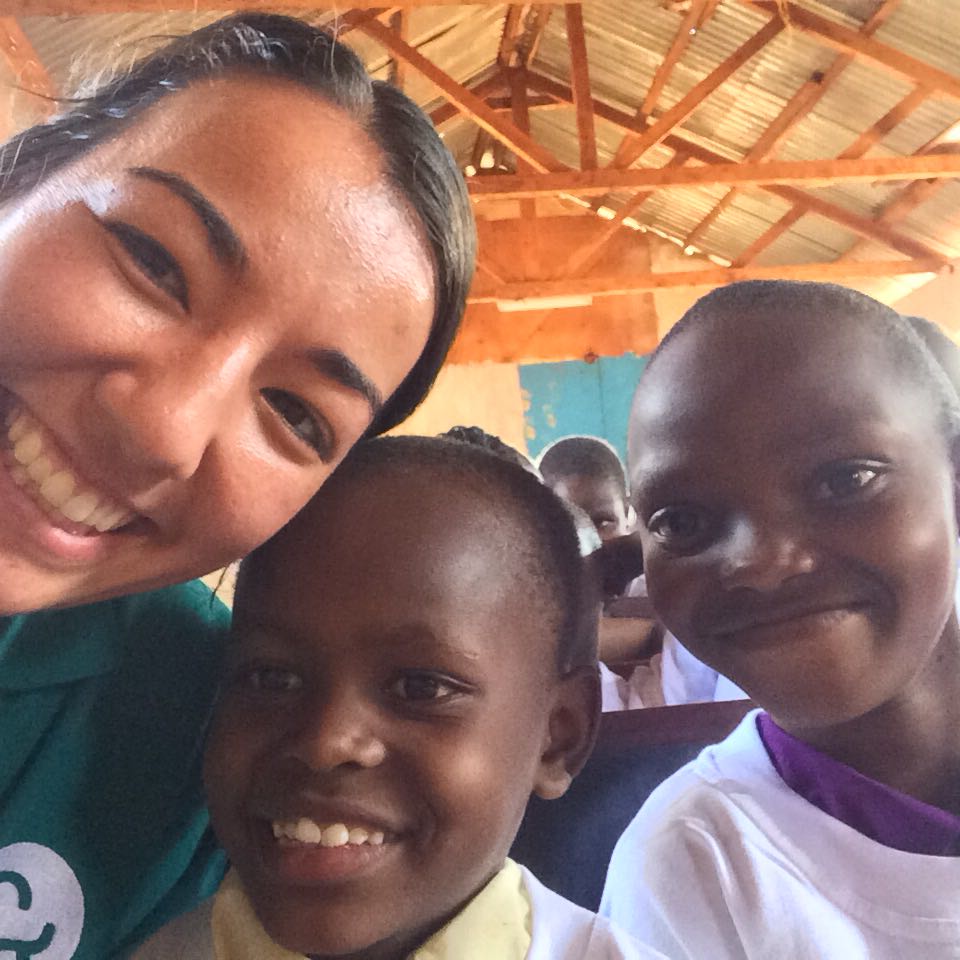
“The 2030 Agenda for Sustainable Development was adopted with a promise to leave no one behind. Nowhere is this more important than in tackling AIDS. Supporting young, vulnerable and marginalized people will change the course of the epidemic.”
— United Nations Secretary-General Ban Ki-moon
CMMB’s Kenya programs have a strong track record of strengthening health systems and providing quality HIV prevention, care, treatment, and support services. This year, on World AIDS Day, along with staff members from our Kenya office, we visited the Children’s Garden Home, School and Rescue Center to help host an AIDS Outreach Workshop, aimed at empowering children to lead happy, healthy lives.
The Children’s Garden Home in Nairobi, Kenya is home to orphans, and abandoned, abused, desperate and neglected street children regardless of religion, sex, color or tribe. It is described as a place where children are nurtured by adults with love and care and are provided with food and shelter. One child told us: “Here the children live together like brothers and sisters, with the older ones caring for the younger ones. The Children’s Garden Home is truly a place that the children and staff belong. Everyone is a member of this big family. That is why it is called a home.”
During the World AIDS Day event, we provided the children and adults with information about HIV/AIDS, including how to prevent transmission, the importance of getting tested, and how to cope if they are diagnosed with HIV. Reducing stigma and discrimination was also a focus: consequences too often including a loss of livelihood, marriage, poor care in the health sector, withdrawal of caregiving at home, loss of hope and loss of reputation. The session was summarized in Swahili for those who were less fluent in English.
The rest of the day was filled with informative entertainment, with children performing skits and singing songs that helped reiterate all that they know and have learned about HIV/AIDS. The performances included a group of young children singing a song about their understanding of AIDS, three boys created a rap which emphasized that prevention is better than cure, and the choir sang a song about the effects of AIDS on their community in Swahili.
Older children acted out a short skit highlighting the fact that HIV/AIDS can impact anyone – regardless of color, religion or gender. They presented the difficulties faced by people diagnosed – especially acceptance and becoming comfortable enough to share their status with family and friends, and the importance of having a support group.
All in all a successful day. We were thanked and assured that all the information shared had not fallen on deaf ears.
“The great aim of education is not knowledge but action.” – Herbert Spencer
